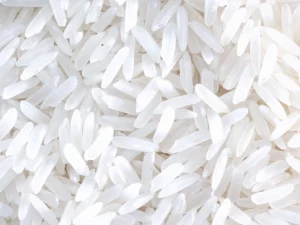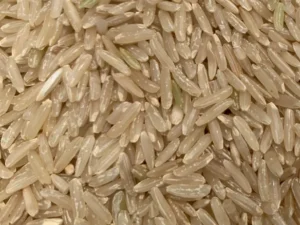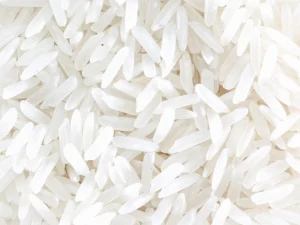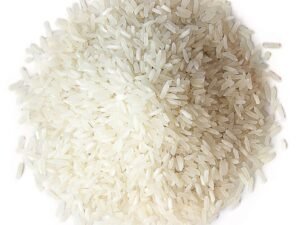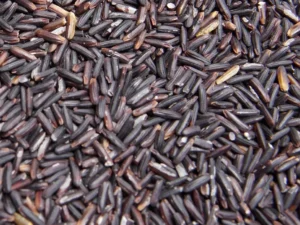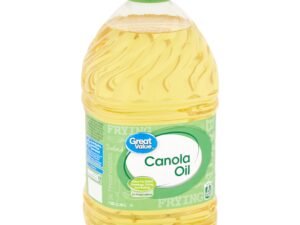The Versatile Benefits of Refined Rapeseed Oil: A Comprehensive Guide
Refined rapeseed oil, often referred to as canola oil, has gained significant popularity in culinary and industrial applications due to its numerous health benefits and functional properties. Extracted from the seeds of the rapeseed plant (Brassica napus), this oil is not only a staple in kitchens around the world but also plays a vital role in sustainable energy production. In this article, we will explore the multifaceted uses of refined rapeseed oil, its nutritional profile, quality standards, and why it is becoming a preferred choice among consumers and manufacturers alike.
Understanding Refined Rapeseed Oil
Refined rapeseed oil is a light, neutral-flavored oil that is ideal for a variety of cooking methods, including frying, baking, and salad dressings. Its clear appearance at room temperature makes it an attractive option for food products that require a visually appealing finish.
Origin and Extraction Process
The extraction of refined rapeseed oil involves several steps, including seed cleaning, conditioning, and pressing. The seeds are first cleaned to remove impurities, then heated to facilitate oil extraction. The oil is then refined through a series of processes that include degumming, neutralization, bleaching, and deodorization. This refining process not only enhances the oil’s shelf life but also ensures a neutral flavor profile, making it suitable for diverse culinary applications.
Nutritional Profile
When it comes to nutrition, refined rapeseed oil stands out for its favorable fatty acid composition. It is rich in monounsaturated fats, particularly oleic acid, and contains a balanced ratio of omega-6 to omega-3 fatty acids. This unique profile contributes to heart health by helping to lower bad cholesterol levels while increasing good cholesterol.
- Calories: Approximately 884 calories per 100 grams
- Fat Content: Low in saturated fats, high in unsaturated fats
- Vitamins: Contains vitamin E, an antioxidant that supports skin health and immune function
Culinary Applications of Refined Rapeseed Oil
Refined rapeseed oil’s versatility makes it a popular choice in both home kitchens and commercial food production. Let’s delve into its various culinary uses.
Cooking Techniques
- Frying: With a high smoke point ranging from 460°F to 530°F, refined rapeseed oil is ideal for frying foods. It can withstand high temperatures without breaking down, ensuring that food retains its flavor and nutritional value.
- Baking: Its neutral flavor allows refined rapeseed oil to be used in baked goods without altering the taste. It can be a healthier alternative to butter or margarine in recipes.
- Dressings and Marinades: The oil’s light texture makes it perfect for salad dressings and marinades, providing a smooth and rich mouthfeel.
Healthier Alternatives
Refined rapeseed oil is often recommended as a healthier alternative to other cooking oils. It has less saturated fat compared to coconut oil and palm oil, making it a better option for those looking to maintain a heart-healthy diet.
Quality Standards for Rapeseed Oil
To ensure that consumers receive high-quality refined rapeseed oil, several quality standards and specifications are in place. Understanding these standards can help consumers make informed purchasing decisions.
Chemical Specifications
| Parameter | Specification |
|---|---|
| Free Fatty Acid | 0.1 – 0.15% max |
| Peroxide Value | 1.0 – 2.0 meq/kg max |
| Color (Lovibond) | 12.0 – 15.0 Yellow / 1.5 – 2.0 Red |
| Iodine Value | 100 – 122 |
| Moisture | 0.05% max |
Sensory Characteristics
In addition to chemical specifications, refined rapeseed oil should meet certain sensory characteristics to be considered high-quality. These include:
- Appearance: Clear and bright at room temperature
- Odor: Mild, without any off-putting smells
- Flavor: Neutral, allowing for versatility in culinary applications
The Role of Refined Rapeseed Oil in Biodiesel Production
Beyond its culinary uses, refined rapeseed oil plays a crucial role in the production of biodiesel. As a renewable energy source, biodiesel derived from rapeseed oil is an environmentally friendly alternative to fossil fuels.
Advantages of Using Rapeseed Oil for Biodiesel
- Higher Oil Yield: Rapeseed plants produce more oil per acre compared to other oilseed crops, making them a more efficient choice for biodiesel production.
- Sustainability: The use of refined rapeseed oil in biodiesel contributes to reduced greenhouse gas emissions, promoting a cleaner environment.
- Compatibility: Biodiesel made from rapeseed oil can be used in existing diesel engines with little to no modifications.
The Impact of Refined Rapeseed Oil on Health
Incorporating refined rapeseed oil into your diet can have several health benefits. Its unique composition of fatty acids and vitamins contributes to overall well-being.
Cardiovascular Health
Regular consumption of refined rapeseed oil can help lower bad cholesterol (LDL) levels while increasing good cholesterol (HDL) levels. The presence of omega-3 and omega-6 fatty acids plays a significant role in maintaining heart health.
Anti-Inflammatory Properties
The oil’s omega-3 fatty acids have been shown to possess anti-inflammatory properties, which can help reduce the risk of chronic diseases such as arthritis and heart disease.
Skin Health
Vitamin E, found in refined rapeseed oil, is known for its antioxidant properties, which can help protect the skin from oxidative stress and support overall skin health.
Choosing the Right Refined Rapeseed Oil
With a plethora of options available in the market, selecting the right refined rapeseed oil can be overwhelming. Here are some tips to guide your choice.
Look for Quality Certifications
When purchasing refined rapeseed oil, look for quality certifications such as ISO or organic labels. These certifications indicate that the oil has been produced and processed according to stringent quality standards.
Check the Packaging
Opt for refined rapeseed oil that comes in dark glass or opaque containers. This packaging helps protect the oil from light exposure, which can degrade its quality over time.
Read the Ingredients
Ensure that the refined rapeseed oil you choose contains no additives or preservatives. Pure oil is always the best choice for both health and culinary purposes.
Storage Tips for Refined Rapeseed Oil
Proper storage of refined rapeseed oil is crucial for maintaining its quality and extending its shelf life. Here are some best practices for oil storage.
Temperature Control
Store refined rapeseed oil in a cool, dark place away from direct sunlight. Ideal storage temperatures range from 50°F to 70°F.
Use Airtight Containers
To prevent oxidation, always keep the oil in an airtight container. If the original packaging is not resealable, transfer the oil to a glass or metal container.
Monitor Shelf Life
Refined rapeseed oil typically has a shelf life of about 12 months. Check the expiration date on the packaging and discard any oil that has a rancid smell or off flavor.
The Environmental Impact of Refined Rapeseed Oil
As consumers become more environmentally conscious, the sustainability of food products, including cooking oils, has come under scrutiny. Refined rapeseed oil is considered a more sustainable option compared to other oils.
Low Carbon Footprint
The cultivation of rapeseed requires less land and water compared to other oil crops, contributing to a lower carbon footprint. Additionally, the oil’s role in biodiesel production further enhances its sustainability profile.
Supporting Local Economies
By choosing refined rapeseed oil sourced from local farmers, consumers can support regional agriculture and contribute to the local economy. This practice not only promotes sustainability but also ensures fresher products.
Conclusion
rapeseed oil is a versatile and nutritious cooking oil that offers numerous health benefits and culinary applications. Its high smoke point, neutral flavor, and favorable fatty acid profile make it an excellent choice for various cooking methods. Additionally, its role in biodiesel production highlights its importance in sustainable energy practices. By understanding its quality standards, health impacts, and storage methods, consumers can make informed choices that benefit both their health and the environment. Whether you’re frying, baking, or looking for a healthier alternative to other oils, refined rapeseed oil is a smart addition to any kitchen.




